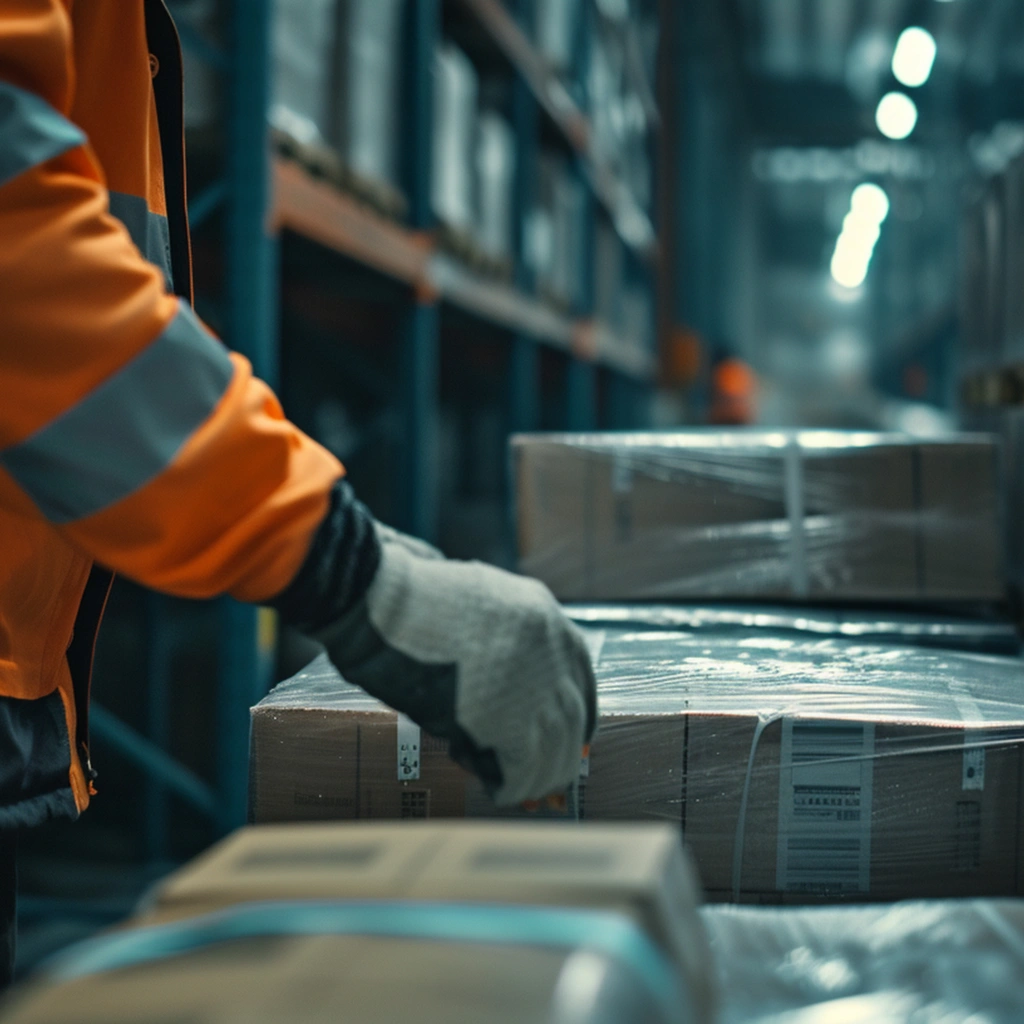A U.S. cesium atomic clock manufacturer’s above-and-beyond export compliance due diligence efforts helped to uncover, and put a stop to, allegedly illegal shipments of its products to Hong Kong, a special administrative region of China.
The charges were announced by the Department of Justice in June 2019.
According to the Justice Department’s charging document, the saga began in December 2015 when Alex Yue of South El Monte, California, used the fictitious company, Ecycle Tech International Ltd., to buy the clocks with the claim that “the devices would be used solely in the United States for cordless phone research and development.” Subsequent to the purchase, Yue exported the devices to Victor Zee of Premium Tech Systems Limited in Hong Kong. None of the parties obtained the necessary export licenses from the Department of Commerce. It was unclear where, and in whose hands, the clocks ultimately ended up and how they were utilized.
Cesium atomic clocks come under the U.S. Government’s controlled goods jurisdiction because of national security and anti-terrorism reasons. These items have defense and space applications, as well as uses in encryption software, global positioning systems, and network timing solutions.
Time runs out on this export violation case
Two years later in 2017, Yue approached the manufacturer to procure an additional clock. This time however, the seller was on alert. It requested the completion of an end-user statement that clearly stated the destination of the good and its intended use.
Yue responded on Ecycle letterhead, claiming the clock would be used in a California calibration lab. In answer to a further question, he declared that the item would not be exported.
The ruse fell apart when the U.S. clock maker sensed something not quite right and insisted on making a site visit to the California facility. On that requirement, Yue abruptly cancelled the order. And the manufacturer reported the case to the authorities.
Yue and Zee were both charged with conspiracy to commit export violations with other counts including unlawful exports, attempted unlawful exports and smuggling. The two defendants remain at large in Hong Kong. The export violations carry a potential sentence of 20 years in jail and a fine of US$1 million.
Turn back the hands of an export compliance violation with end user due diligence
The story reemphasized the need for due diligence to reduce the risks of export violations, which typically include denied and restricted party screening, export classification, license determination and controlled technology transfer. This case in particular, however, highlights two more risk-mitigation steps—that of requiring the completion of an end-user statement, and the insistence of follow-up requirements to allay all major concerns.


